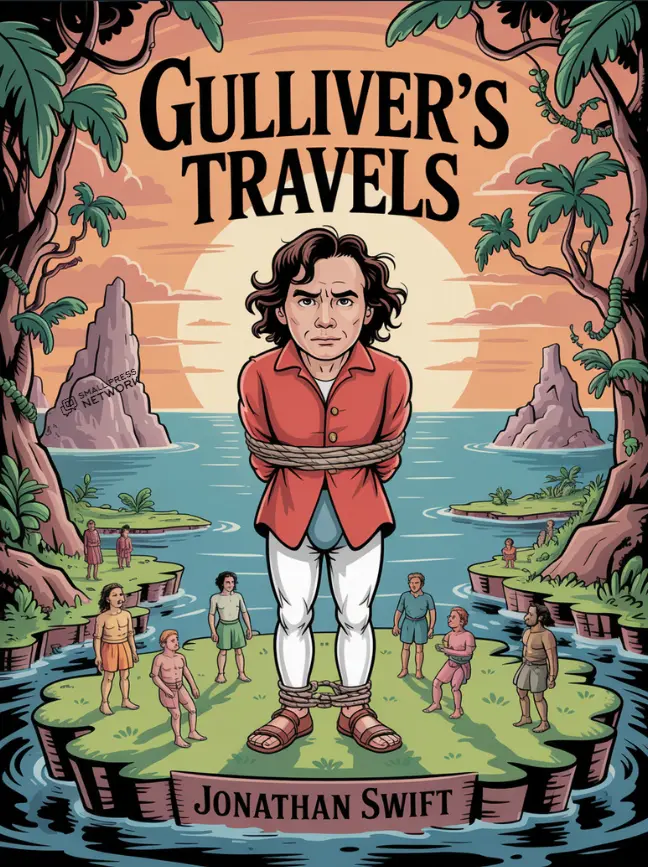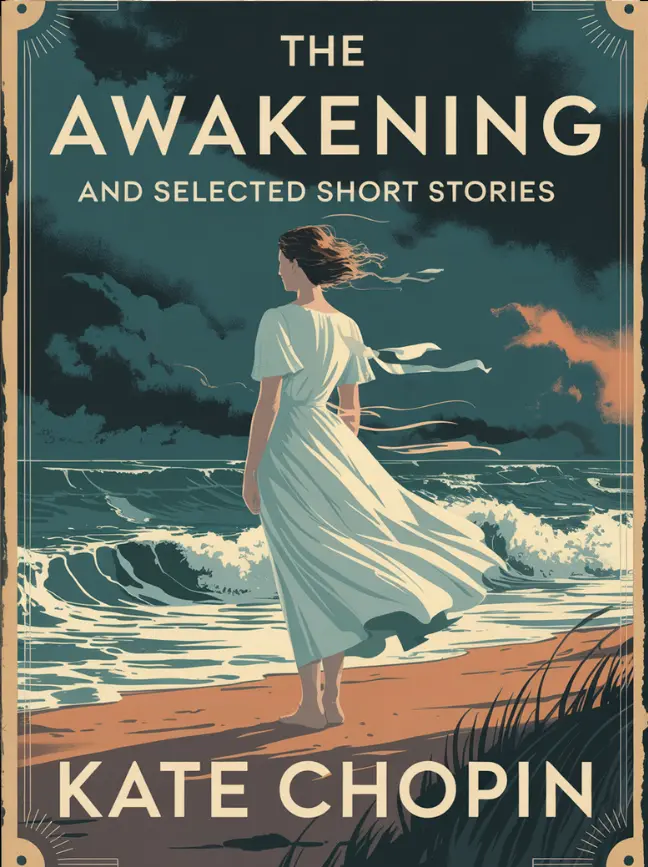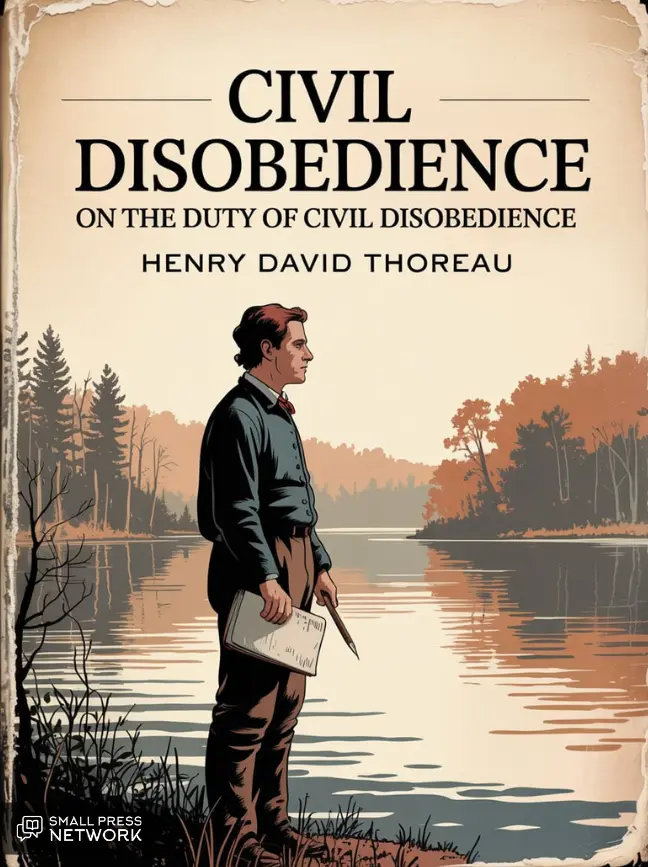939
Chapter XVIII
From the time he received this news to the end of the campaign all Kutúzov’s activity was directed toward restraining his troops, by authority, by guile, and by entreaty, from useless attacks, maneuvers, or encounters with the perishing enemy. Dokhtúrov went to Málo- Yaroslávets, but Kutúzov lingered with the main army and gave orders for the evacuation of Kalúga—a retreat beyond which town seemed to him quite possible.
Everywhere Kutúzov retreated, but the enemy without waiting for his retreat fled in the opposite direction.
Napoleon’s historians describe to us his skilled maneuvers at Tarútino and Málo-Yaroslávets, and make conjectures as to what would have happened had Napoleon been in time to penetrate into the rich southern provinces.
But not to speak of the fact that nothing prevented him from advancing into those southern provinces (for the Russian army did not bar his way), the historians forget that nothing could have saved his army, for then already it bore within itself the germs of inevitable ruin. How could that army—which had found abundant supplies in Moscow and had trampled them underfoot instead of keeping them, and on arriving at Smolénsk had looted provisions instead of storing them—how could that army recuperate in Kalúga province, which was inhabited by Russians such as those who lived in Moscow, and where fire had the same property of consuming what was set ablaze?
That army could not recover anywhere. Since the battle of Borodinó and the pillage of Moscow it had borne within itself, as it were, the chemical elements of dissolution.
The members of what had once been an army—Napoleon himself and all his soldiers—fled without knowing whither, each concerned only to make his escape as quickly as possible from this position, of the hopelessness of which they were all more or less vaguely conscious.
So it came about that at the council at Málo-Yaroslávets, when the generals pretending to confer together expressed various opinions, all mouths were closed by the opinion uttered by the simple-minded soldier Mouton who, speaking last, said what they all felt: that the one thing needful was to get away as quickly as possible; and no one, not even Napoleon, could say anything against that truth which they all recognized.
But though they all realized that it was necessary to get away, there still remained a feeling of shame at admitting that they must flee. An external shock was needed to overcome that shame, and this shock came in due time. It was what the French called “le hourra de l’Empereur.”
The day after the council at Málo-Yaroslávets Napoleon rode out early in the morning amid the lines of his army with his suite of marshals and an escort, on the pretext of inspecting the army and the scene of the previous and of the impending battle. Some Cossacks on the prowl for booty fell in with the Emperor and very nearly captured him. If the Cossacks did not capture Napoleon then, what saved him was the very thing that was destroying the French army, the booty on which the Cossacks fell. Here as at Tarútino they went after plunder, leaving the men. Disregarding Napoleon they rushed after the plunder and Napoleon managed to escape.
When les enfants du Don might so easily have taken the Emperor himself in the midst of his army, it was clear that there was nothing for it but to fly as fast as possible along the nearest,
940
familiar road. Napoleon with his forty-year-old stomach understood that hint, not feeling his former agility and boldness, and under the influence of the fright the Cossacks had given him he at once agreed with Mouton and issued orders—as the historians tell us—to retreat by the Smolénsk road.
That Napoleon agreed with Mouton, and that the army retreated, does not prove that Napoleon caused it to retreat, but that the forces which influenced the whole army and directed it along the Mozháysk (that is, the Smolénsk) road acted simultaneously on him also.





